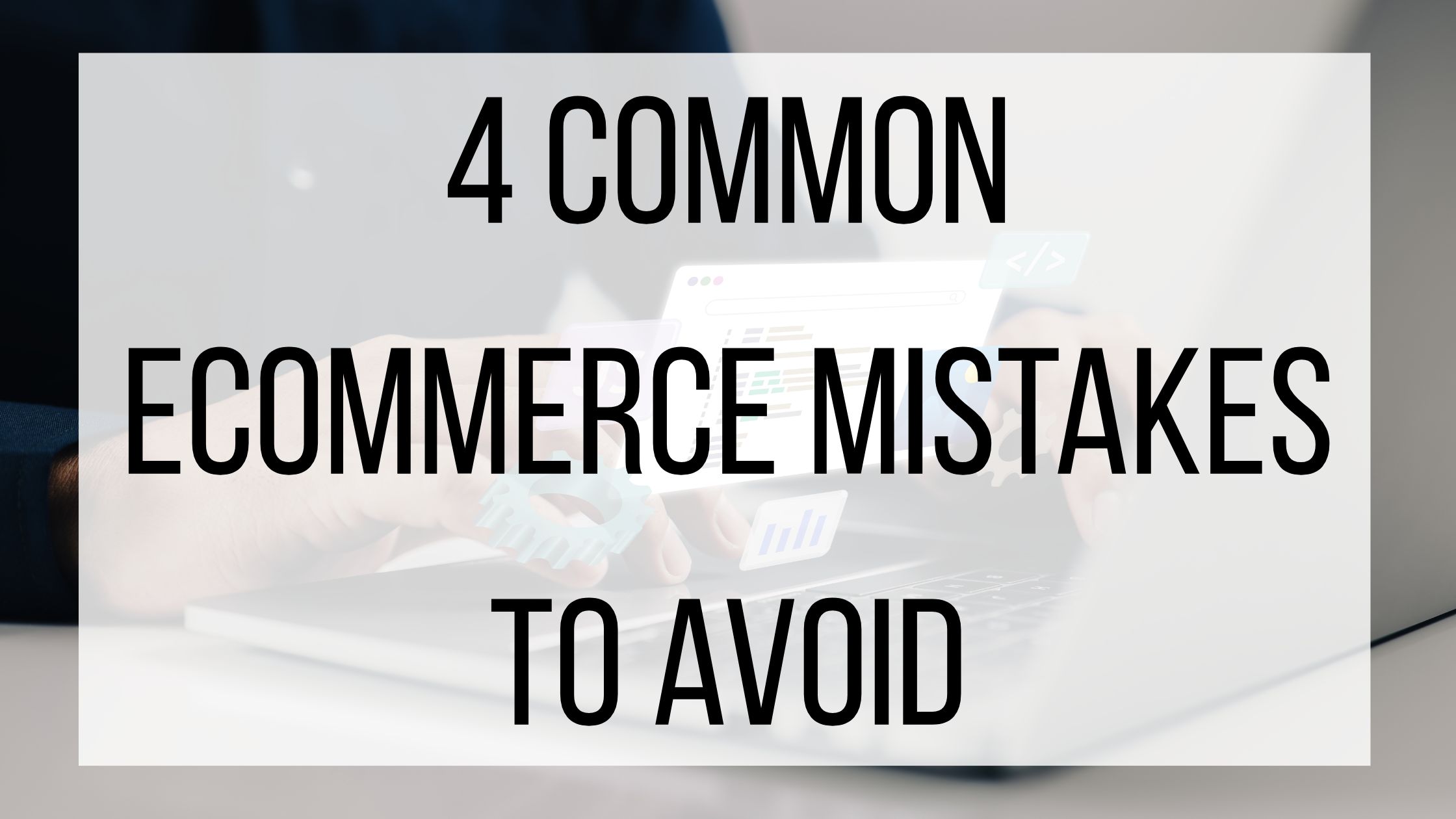Market Research For Beginners

When it comes to any aspect of running your business, knowing who your audience is, and what they want, is crucial for success. Keeping up with emerging trends, consumer behavior, and market conditions can make or break your business. Although the task of market research can be daunting, breaking down the steps can help you understand your audience and how you can appeal to them.
What Is Market Research?
Market research is the process of gathering and analyzing information on your target marketing and current customers to better understand their needs and preferences. Market research can help you understand your brand perception, communicate more effectively with your audience, and find the best ways to promote your products. All customer groups are different, so gaining an understanding of yours helps you deliver more value.
Why Is Market Research Important?
Doing market research helps you not only understand what your customers are looking for, but the best way to present it to them, how you can help them solve their problems, their average budget and shopping habits, and what is most important to them. Market research can also help you find (and fill) gaps in the market, and find out their attitude about specific products and solutions. Market research can be qualitative or quantitative, or both, depending on your goals.
How To Conduct Market Research:
One of the best things about doing market research is that there are so many ways to do it! A popular starting method is conducting interviews. Interviews allow you to collect data from people who are in your target audience and hear from them directly anything you might want to know- their age, job title, lifestyle, budget, or anything else you think would be beneficial. Look for patterns in the answers interviewees give you- are there certain phrases or mindsets many of them mention? Do they work in similar industries, or are they in the same demographic?
Focus groups are another common method for conducting market research. Carefully choose who you want to participate in your focus group by selecting a group that has something in common, and get their feedback on your brand, product, or whatever else you are looking to get information on. Make sure to give them plenty of time to answer your questions so that you do not miss any valuable information!
Product or service research focuses on finding out why your audience uses your product, and what their favorite features are about it. You can find this via reviews on your website or social media, or by sending out a quick survey after they make a purchase. If you send out a survey, make sure you focus on the most important questions you want to be answered to avoid making it too long.
Pricing research gives you a deeper look into how the price and value of your product stand up to competitors. If your product is way overpriced compared to other, similar products, you might not be making as many sales. On the other hand, if your product is priced much lower than your competitors, customers might be worried that your product does not offer as much value. Finding a middle ground can help you build trust and boost your sales.
There are many, many other ways that you can conduct market research. Choose what you think would be most beneficial to learn about starting out, and dig deeper as you learn more about your audience. Have you ever conducted market research? What has been the most helpful in your experience?



4 Comments
Waffle game · September 26, 2022 at 10:02 pm
I wanna know more about this because this is really informative!
tinytask · October 7, 2022 at 2:22 am
Thank you for sharing this data. I really enjoy what you’ve written on your blog. You’ve shared a very useful and entertaining blog post with the public.
tinytask · March 24, 2023 at 6:13 am
This article is really beneficial. This has come up everywhere in my search! I’m very happy I found it on your blog. I truly appreciate you. Again, thank you.
geometry dash · May 13, 2024 at 12:50 am
You may discover this by asking them to complete a brief survey after a purchase, or by looking for reviews on your website or social media accounts. In order to prevent your survey from being too lengthy, make sure you narrow it down to the most crucial questions you want addressed.